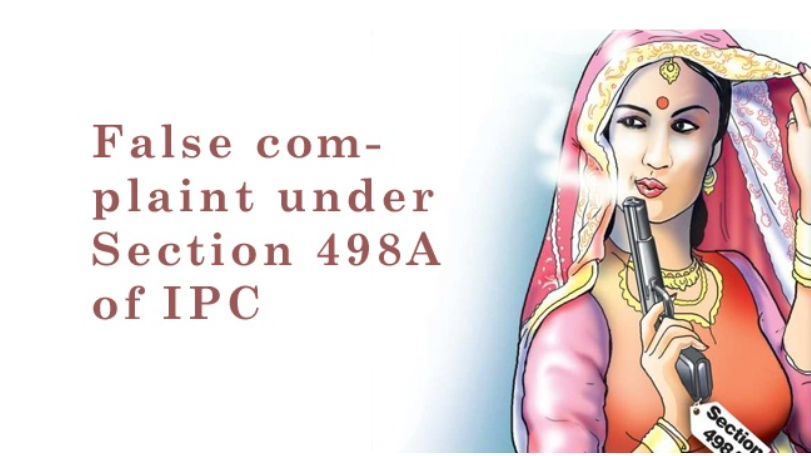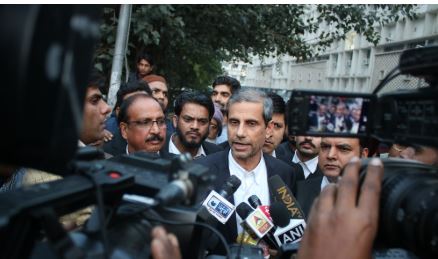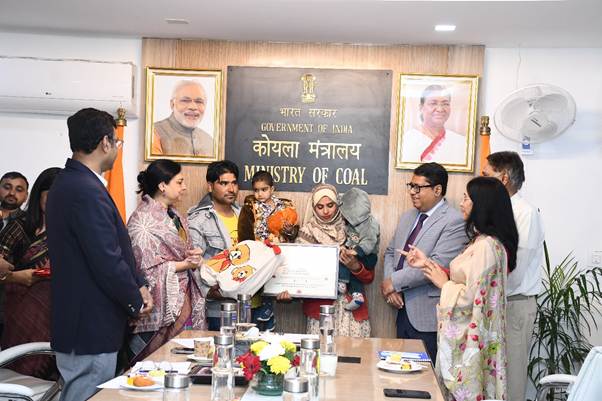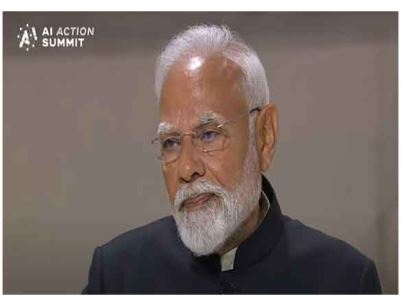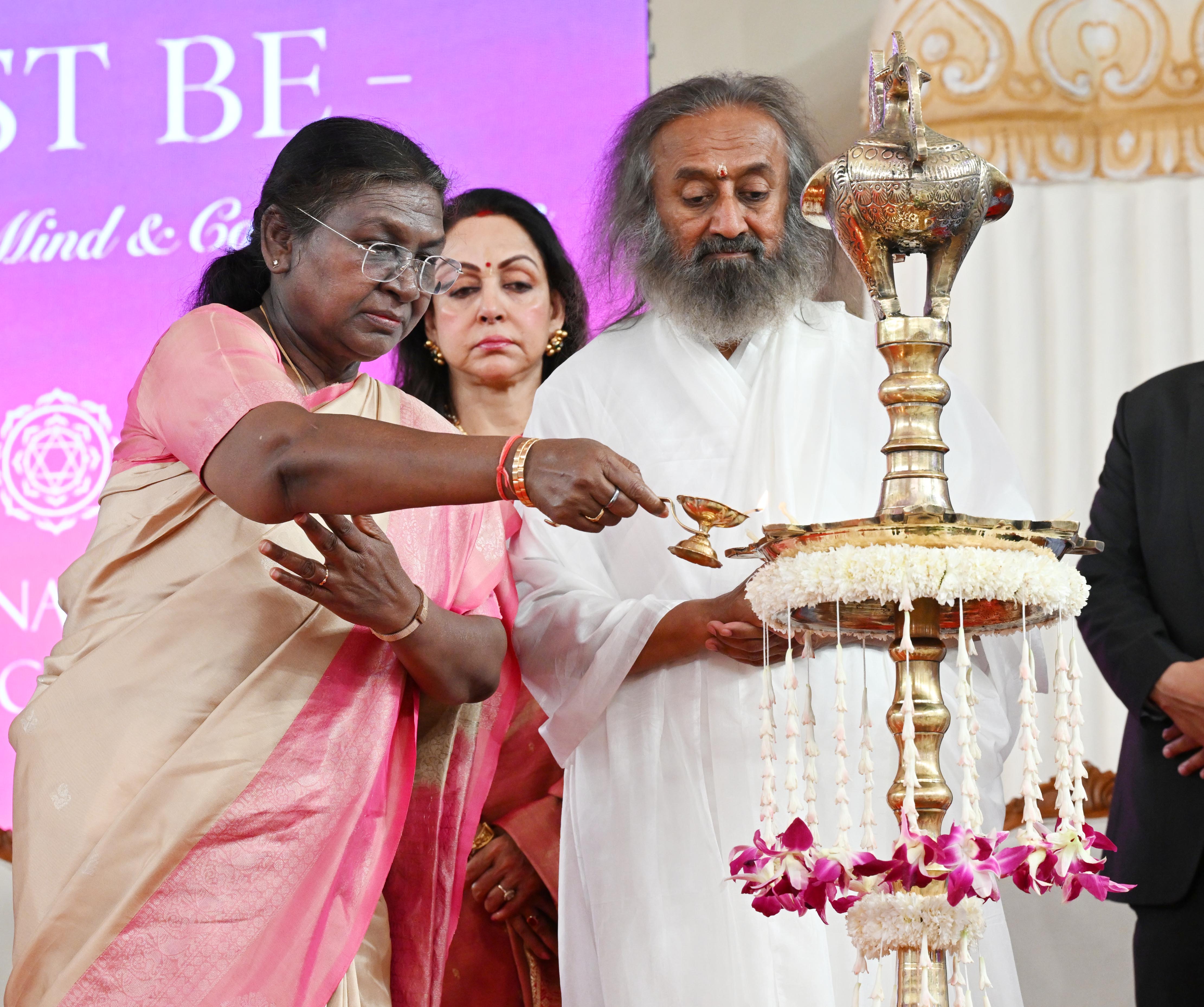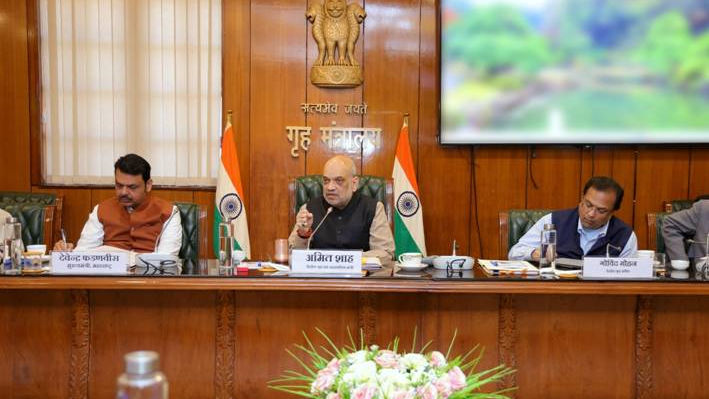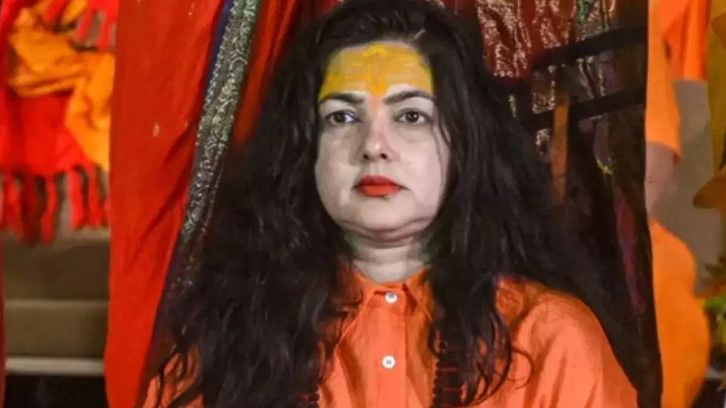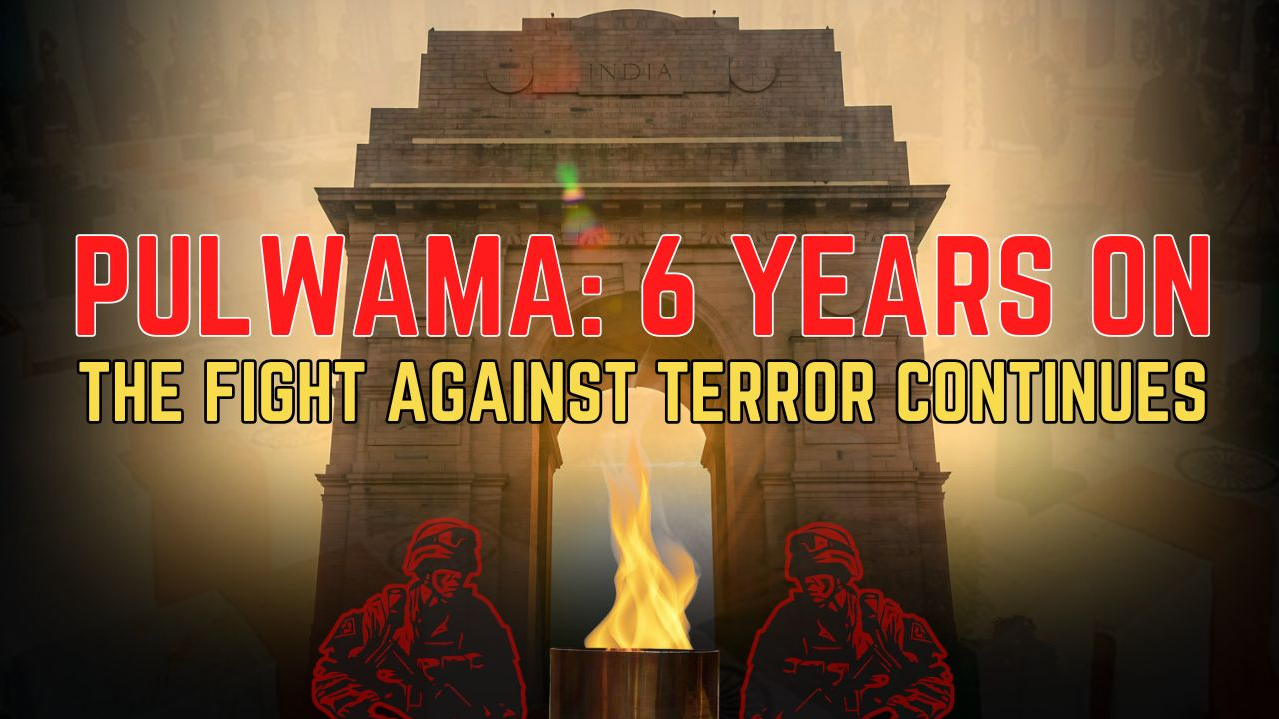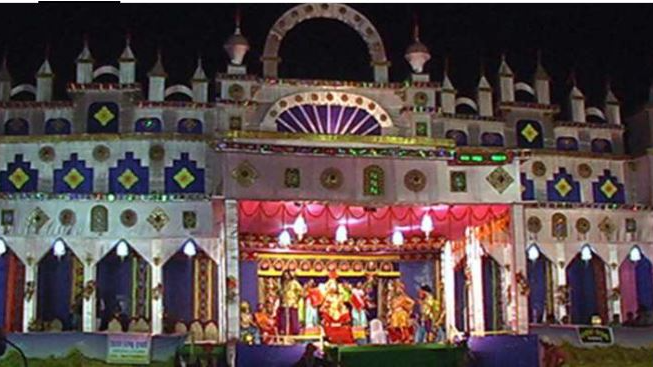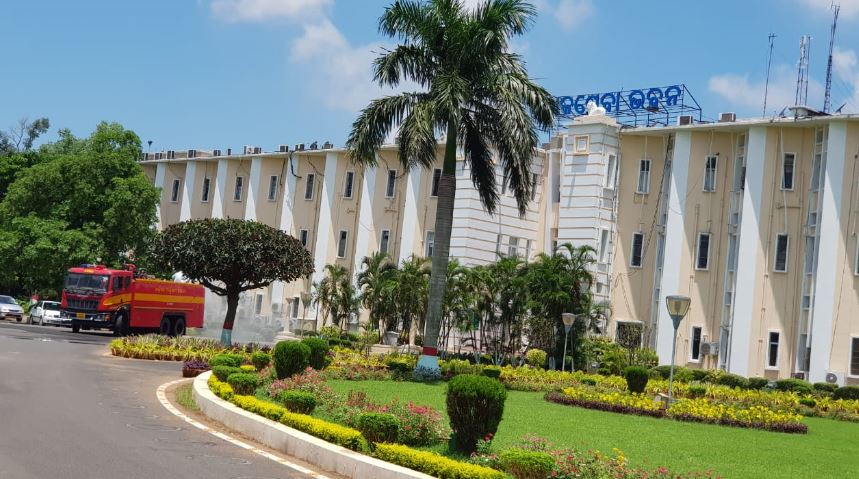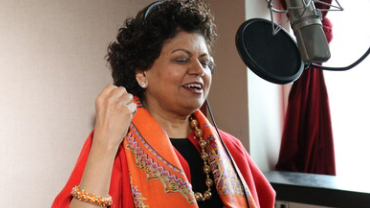Bhubaneswar: When the country has debated big after the suicide of Bengaluru techie Atul Subash following filing filing of false cases against him by estranged wife Nikita Singhania, the High Courts and the Apex courts have called for spade a spade against growing misuse.
Even the Union Law Minister Arun Meghwal has recently said that the Centre has set up a committee to consider bringing in changes to stop the misuse of this section.
In the above backdrop, the Delhi High Court recently expressed dismay over how women are filing a false criminal complaint against her husband under Section 498A of the Indian Penal Code (IPC) out of vengeance to settle their scores.
As per the case before Delhi HC single judge bench Justice Amit Mahajan, the case has the following background.
- Wife registered FIR against the husband and his family members alleging harassment on the ground of demand for dowry and for not returning her stridhan.
- The FIR stated their marriage was solemnized on in 2011 and it alleged that Rs10 lakhs were spent in the marriage.
- The FIR says only a few days after marriage, husband and his family taunted the wife for not giving in dowry a Honda city car
- For the dipute between two, Panchayat was called many a times
- The wife alleged that in year 2024, she was forcibly evicted from the matrimonial house.
- The in-laws had not returned wife’s mobile phone, 3 ATM cards, gold- silver jewelry etc.
- Following cruelty, she allegedly suffered miscarriage.
- In the year 2014, the husband tried to fraudulently take a divorce from her by assuring her that she would suffer no more torture or humiliation.
HERE IS HOW DELHI HC NAILED THE ABUSE OF LAW?
The single Judge bench of Delhi HC has plucked the following loop holes in the case to the nail the abuse of Section 498 A (Cruelty against married woman) here. The order said the following.
- Both parties (wife – husband) agreed to the fact they have started living separately from the year 2014, after the wife was allegedly ousted forcibly.
- How come then the present FIR was registered in 2017, years after the husband filed a divorce petition on the grounds of cruelty by wife.
- The Delhi HC quoted SC judgment in Achin Gupta v. State of Haryana: 2024, where the complainant had lodged the FIR nearly two years after the accused appellant (the husband) filing the divorce petition.
- The SC then observed that such unexplained delay pointed that the FIR was filed only to harass the accused appellant and his family members.
- In the present case as well, no explanation has been provided as to why she had remained silent and not initiated any action against the petitioner for over three years after being ousted from her matrimonial home.
- Moreover, charges leveled against husband are sweeping and omnibus allegations.
- No date or time or particulars of the alleged instances of demand for dowry or harassment have been specified in the FIR.
DELHI HC STRONG OBSERVATIONS
After quashing the FIR filed by the estranged wife here, Delhi HC mad following strong observations.
- Courts have taken note of the increasing tendency of implicating the husband and his family in matrimonial litigation in a number of cases.
- While the provision of Section 498A of the IPC was introduced with an object to combat harassment meted out to married woman
- However, it is abysmal to note that the same is now also being misused as a tool to harass the husband and his family members and gain a leverage.
- Such matters are now filed in the heat of the moment on advice of counsel by exaggerating and misconstruing actual events.
- The court questioned the role of advocates in filing such false cases
- Delhi HC observed:
- That is not to say that genuine cases of harassment don’t exist.
- This Court is not blind to the ground reality of the deeply rooted social evil of greed for dowry, due to which, numerous victims are subjected to unspeakable conduct and harassment.
- However, in matters such as this, where vague allegations have been made against the petitioner, that too belatedly, in the opinion of this Court, continuation of proceedings would amount to an abuse of the process of law.






